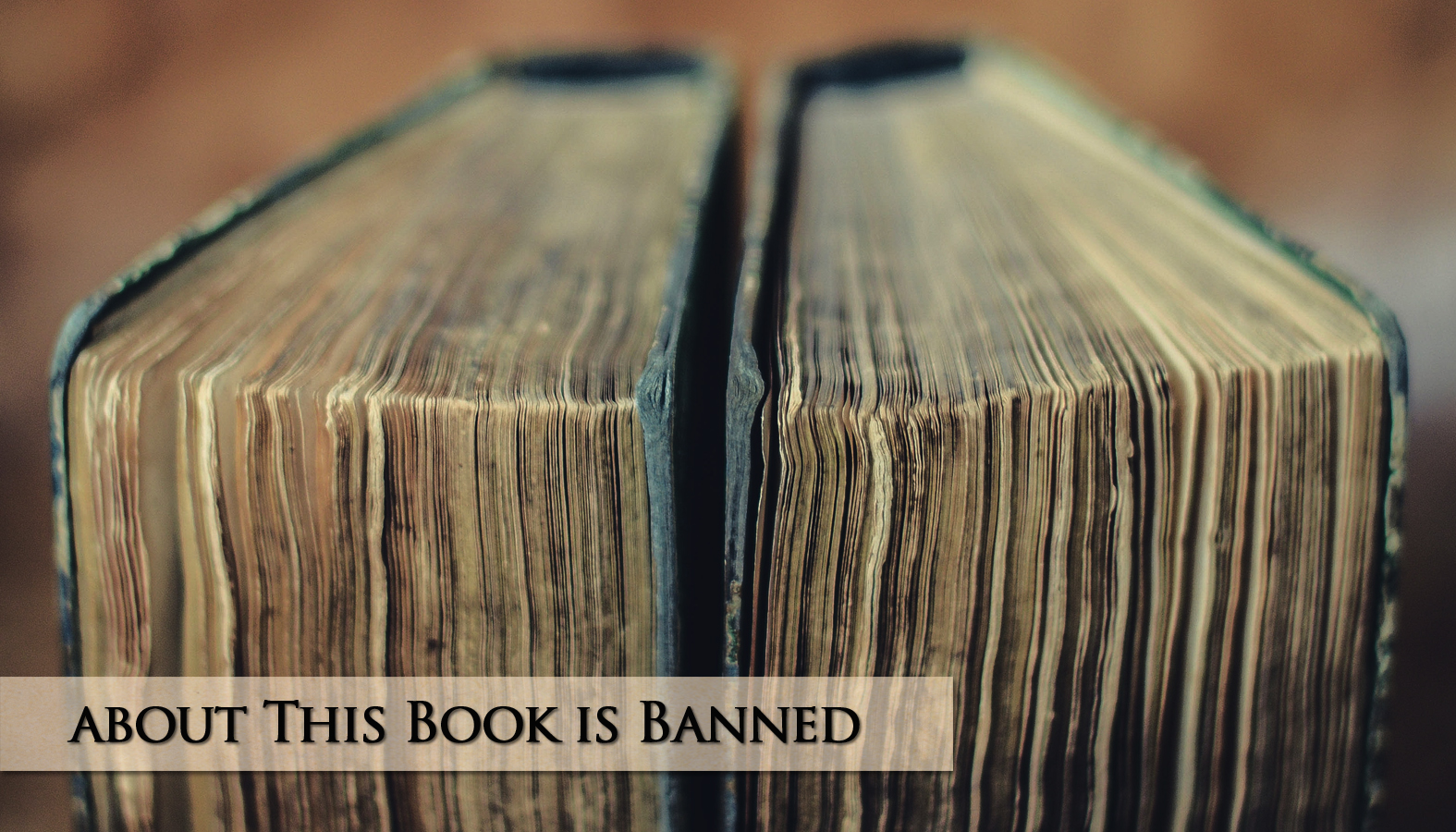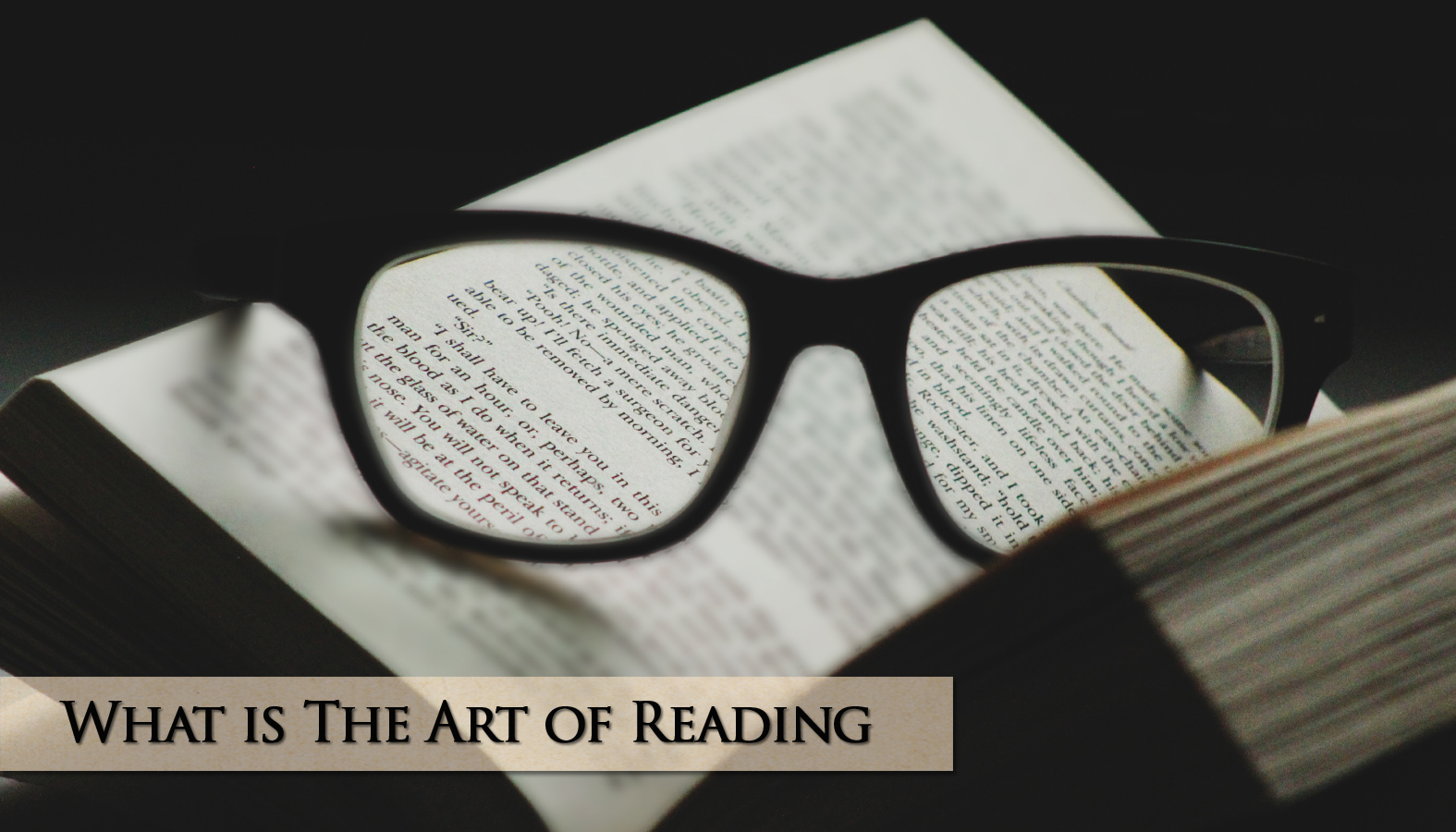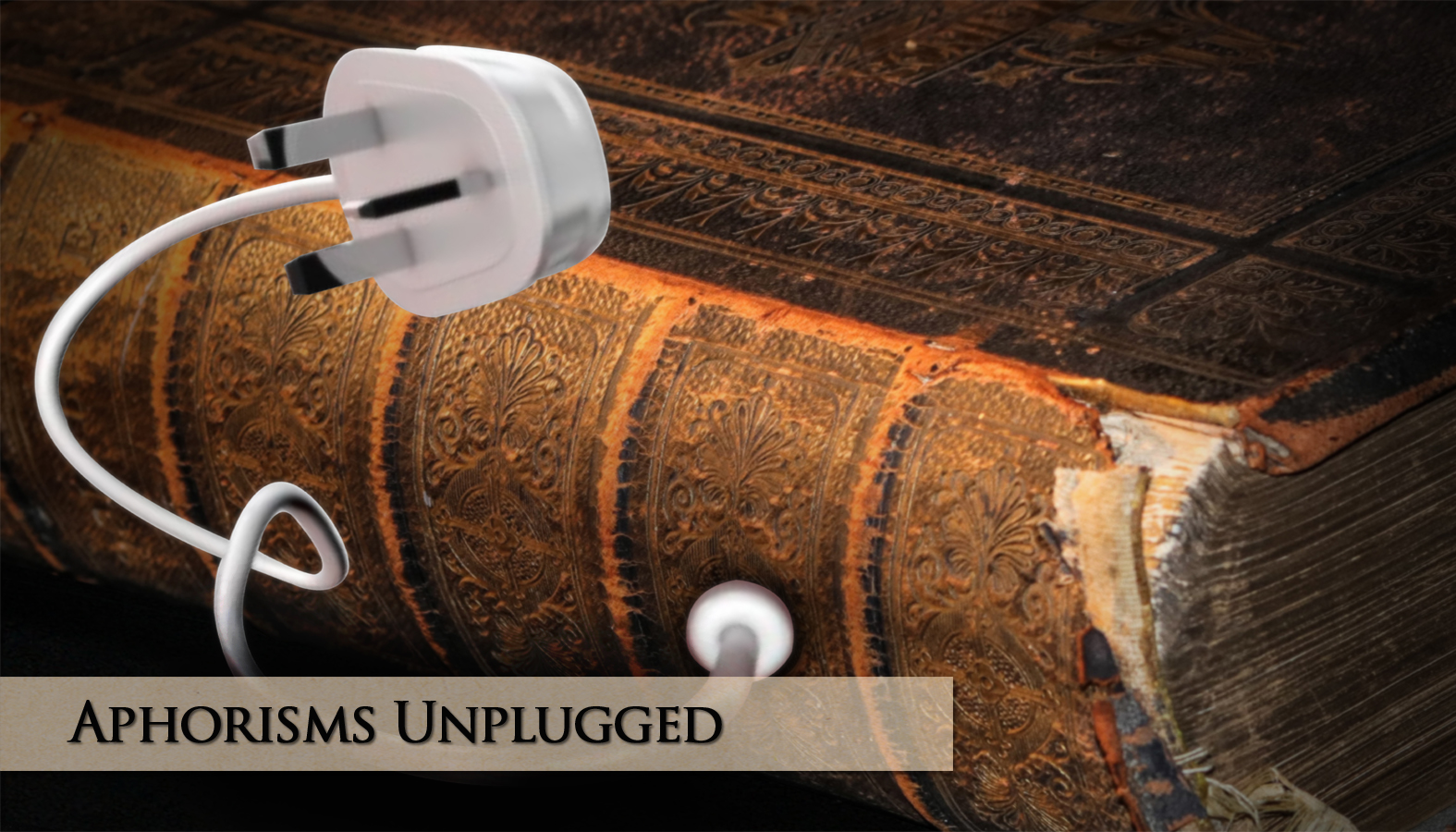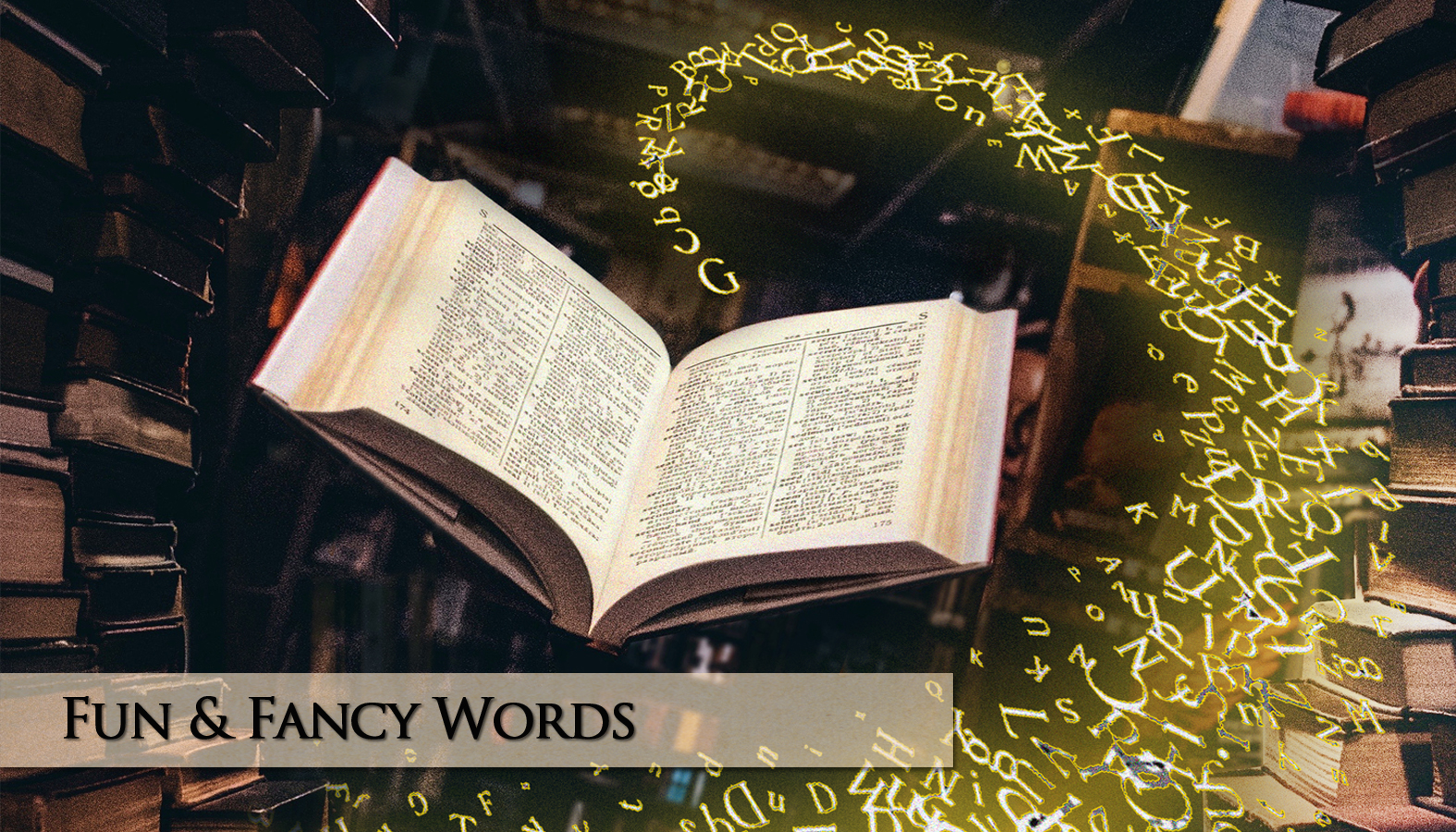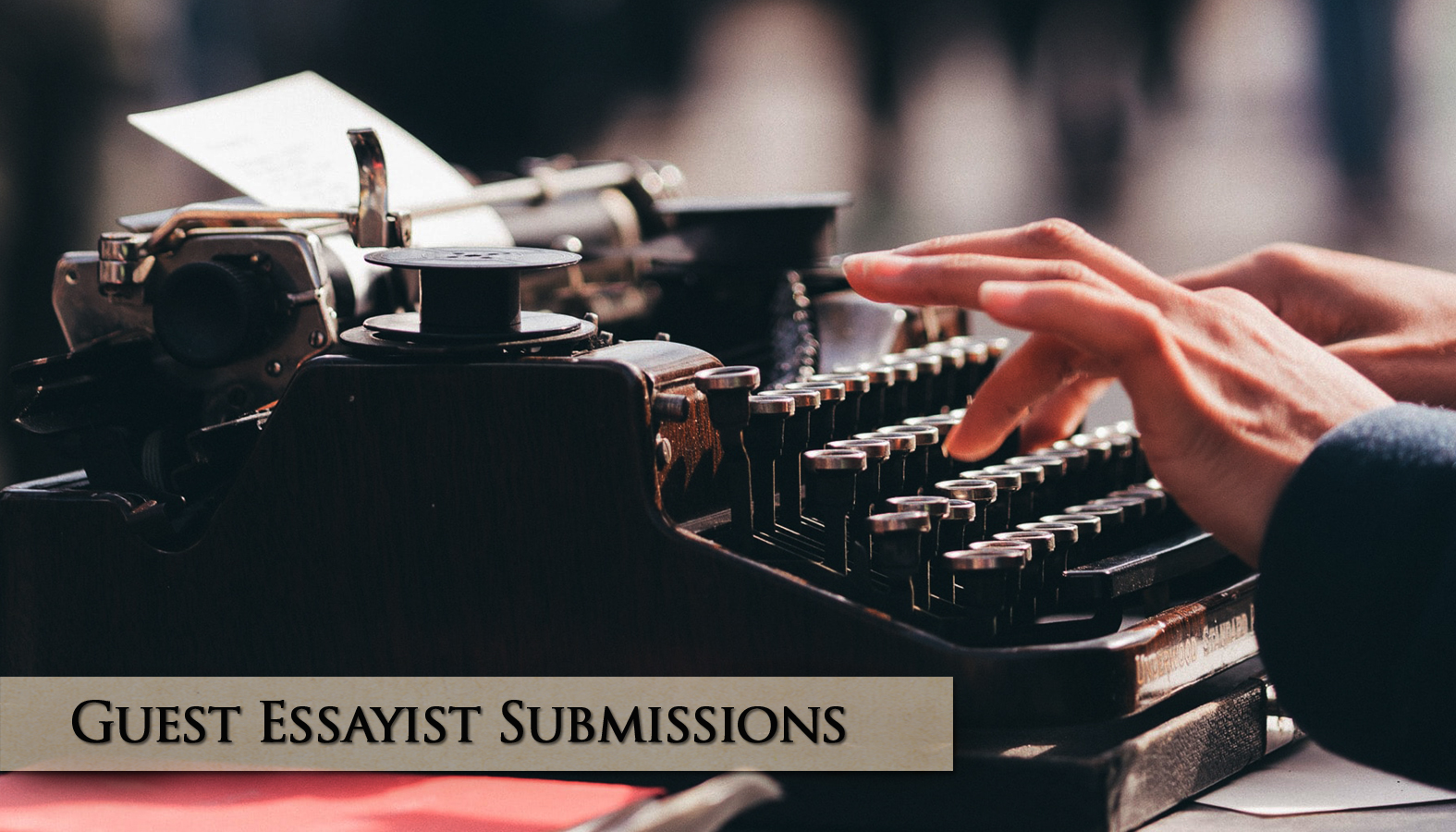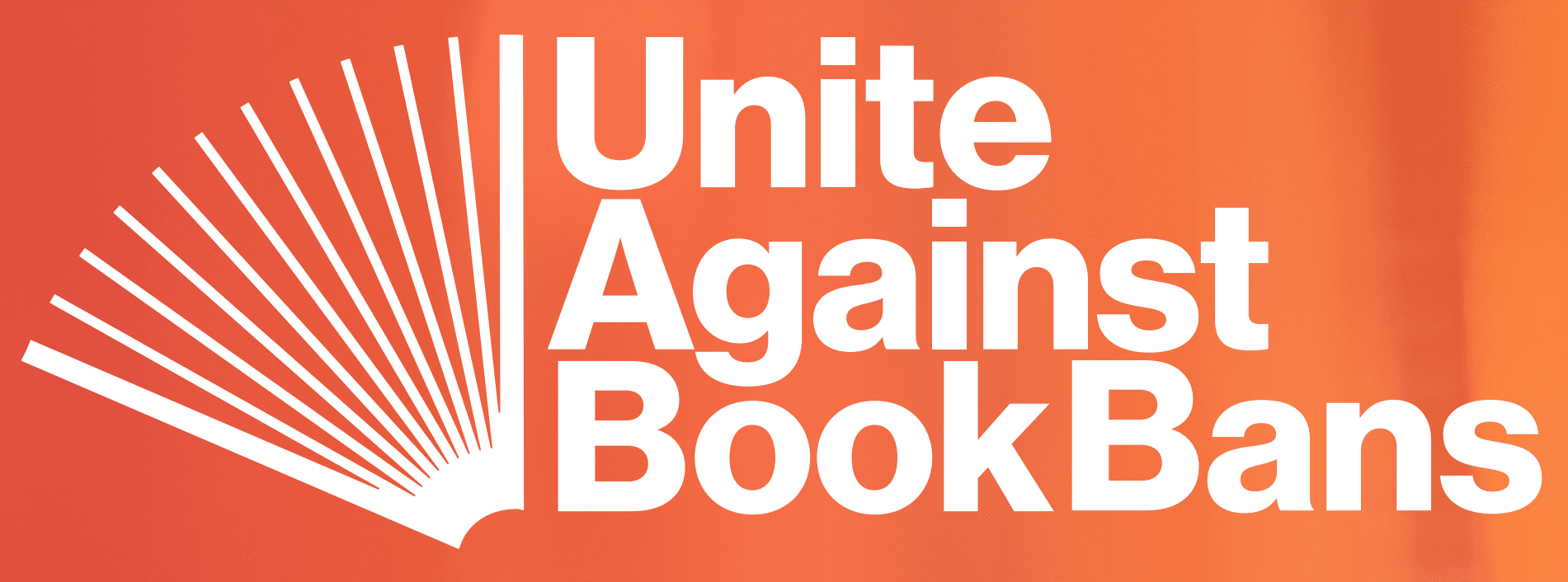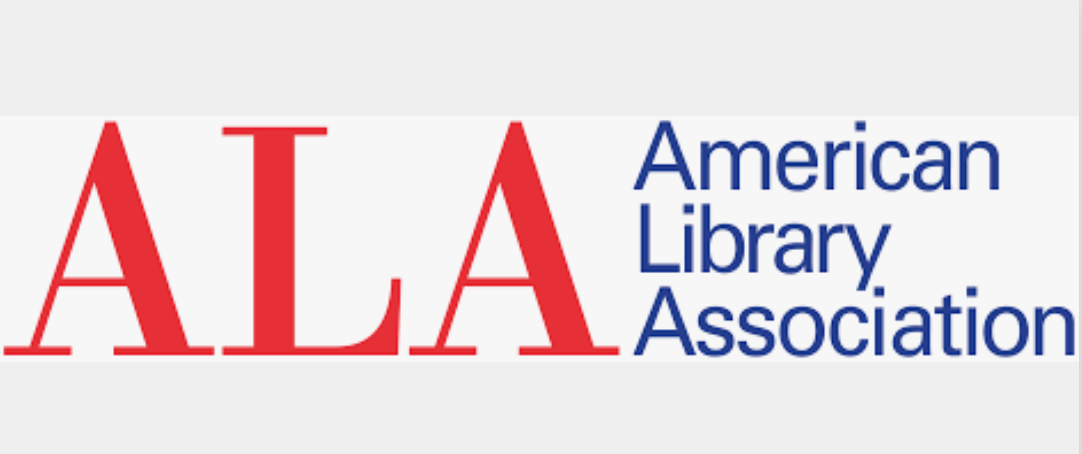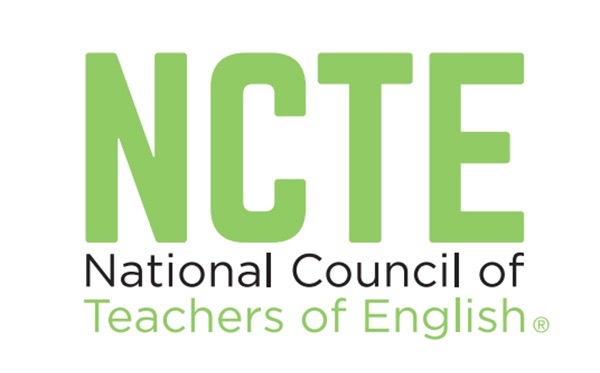
We’re about books:
How we read them.
Why they get banned.
(And why it’s more important
than ever to talk about it.)
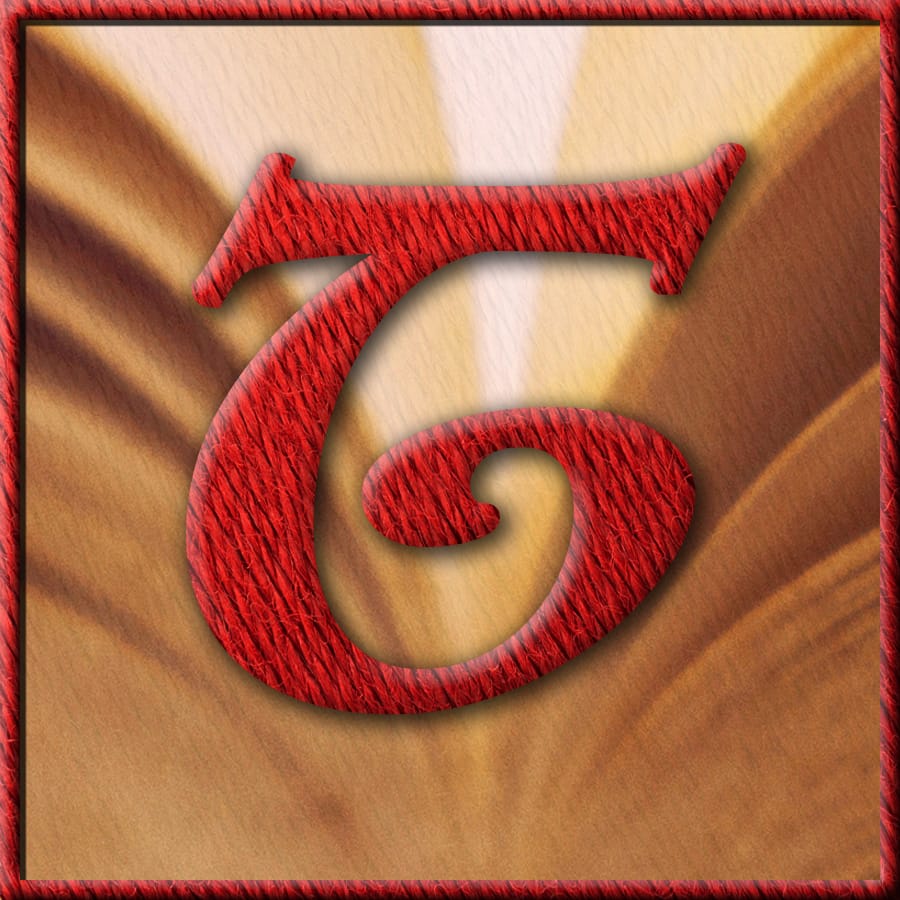
his Book is Banned is dedicated to advancing literacy and free expression by celebrating books that have been banned. As Isaac Asimov pointed out, “any book worth banning is a book worth reading.” [1]
We provide a wide range of resources for readers and advocates of banned books. These include fundamentals on how to read for more than plot, lists of banned books, in-depth readings of books that have been challenged or banned, as well as discussion guides for these books.
There’s a phrase that gets bandied about a lot in America… “it’s a free country!” But as the American Library Association points out, free people read freely, so the dramatic upsurge in book banning clearly calls this favored expression into question.
Knowing how to read deeply is part & parcel of reading freely… This Book is Banned addresses both. In America, we’re typically “taught to the test.” As educator Randi Weingarten points out:
Standardized testing is at cross purposes with many of the most important purposes of public education. It doesn’t measure big-picture learning, critical thinking, perseverance, problem solving, creativity or curiosity… [2]
When we’re “taught to the test,” we become passive observers to our stories both in-school and out. We’re swept along by the charm of the characters, our anticipation for the next shocking twist, and the thrill of the events on display.
But we rarely spare a thought for anything past plot and personal response — which increasingly means intensely negative reactions to mentions of sex or uncomfortable historical realities, not to mention fear of a changing world.
All too often, individuals with such limited reading skills dictate what qualifies as appropriate. And it’s tragic when these one-dimensional perspectives are supported by school boards, and these days certain state legislatures.
With their influence and power, institutions like these have the ability to censor books and other media. Not only in the classroom, but also by strong-arming libraries into restricting public access to certain materials.
And this material is banned in the name of “protecting” young students. But, Nobel laureate Toni Morrison hits the proverbial nail on the head with her observation that this “elementary kind of censorship [is] designed to appease adults rather than educate children.”[3]
It’s a tactic that’s been used before in this country. As pointed out by Henry Ward Beecher, the slave-holding class in the antebellum south “realized that allowing non-slaveholders access to information would disrupt their own fortunes, and thus imposed a strict system of censorship throughout the region.”[4] Beecher also noted that schoolbooks containing material about the evils of slavery “were expunged” because it was understood that “youthful impressions [are] the most lasting.”[5]
Beecher put the situation (both then and now) in a nutshell with his statement that ignorance (lacking information or particular knowledge) can become an institution, one that can be legislated. With this in mind, consider the fact that there is legislation censoring k-12 curriculum in Florida, Indiana, South Carolina, Connecticut, and Texas just to name a few.
Fifty educational gag orders have been introduced in 16 different states as of February, 2023. Thirty-four of them focus specifically on K-12 schools, four focus exclusively on colleges and universities, and twelve of them target both.
There’s also legislation threatening librarians with jail time for providing certain materials to minors, not to mention de-funding public libraries. Let that sink in for a minute!
As Beecher also pointed out, “knowledge is not only power… but powder also, liable to blow false institutions to atoms.”[6] Books have the ability to give us a glimpse into lives and experiences other than our own. In doing so, they highlight our common humanity. And seeing characters like ourselves, makes us feel a part of that human community.
Books can shed light on complex issues like poverty, domestic violence, and racism. They open the door to constructive discussions about these concerns. But if you’ve only been taught to read for plot and comprehension, you miss half of what a book has to offer including references to the history, folklore, and contributions of cultures other than your own.
Children have a right to learn about themselves and the world they live in — that’s what truly educating them is all about.
This Book is Banned is about books and how we read them. It’s about providing the tools and context you need to gain a deeper understanding of the world others write about.
But it’s also about books that have been banned. If a book has been banished from a school curriculum, access has been restricted in a library, or it’s been targeted in a bookstore, we’re going to bring it out of the shadows and give it the in-depth reading it was denied in the past… the thoughtful reading we have a right to.
Because art may be subjective, but our ability to see it shouldn’t be.
________
———-
Expect to see an in-depth reading of a banned book on a quarterly basis.
To see the latest post, click here.
Or visit the archive for more.

Mary Bartling – to see a bio, click here.
Notes:
[1] Williamson, Rebecca. Let Freedom Read – Banned Books Week 2023. September 22, 2023. San Diego State University.https://library.sdsu.edu/features/banned-books
[2] Kober, Farra. “Randi Weingarten: Common Core should be a guide, not a straitjacket.” May 9, 2014. MSNBC. https://www.msnbc.com/all/you-asked-randi-weingarten-answered-common-core-standardized-testing-msna325831
[3] Morrison, Toni. “Introduction.” The Oxford Mark Twain: Adventures of Huckleberry Finn. Edited by Shelley Fisher Fishkin, 1996.
[4] Beecher, Henry Ward. “Anti-Slavery Lectures,” The New York Times, January 17, 1855.
[5] Beecher, Henry Ward. “Anti-Slavery Lectures.” The New York Times. January 19, 1854.
[6] Beecher, Henry Ward. “Anti-Slavery Lectures,” The New York Times, January 17, 1855.



